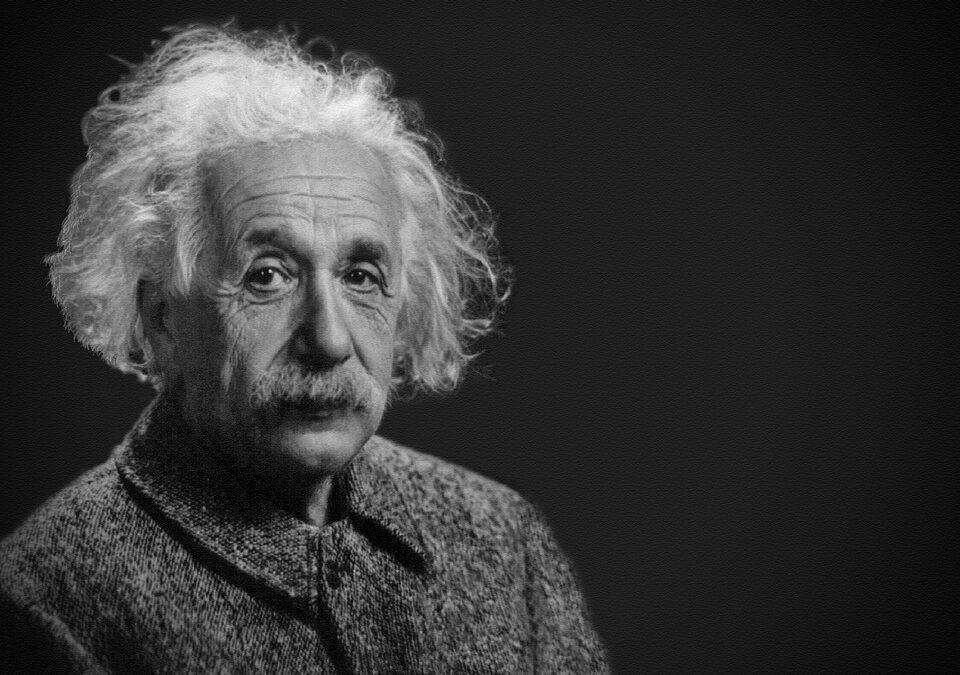
Table of Contents
ToggleIn simple language, intuition can be called a gut feeling or inner voice or sixth sense. The question is, how this gut feeling or intuition is developed in an individual or in the social or corporate organization?
To develop intuitions, one should have knowledge or information as well as experience. Sometimes our intuitions prove us correct but most of the time it proves us wrong. If it is proved wrong that means our knowledge, as well as experience, are not validated through differential sources.
This can be explained with one example. Financial investors take the decision to invest. If this decision of investment has a long period of the horizon, then, these financial investors take the decision on their intuition based on knowledge, and experience. It is observed that most of the time, most financial investors do not get the predicted result. Why does it happen? Though the financial investor has a large experience and knowledge, if that experience and knowledge are not validated or proved through differential sources, then there is a possibility that the intuition of financial investors proves him wrong.
On the other hand, if the intuition is based on the knowledge and experience which is validated through differential sources then there is more possibility of correct prediction.
The corporate sector takes its decisions on its collective intuition. While taking collective decisions, their data is carefully validated or proven. So, corporate can take huge risks with their investment.
To conclude, Albert Einstein once said, “The intuitive mind is a sacred gift and the rational mind is a faithful servant. We have created a society that honors the servant and has forgotten the gift.


